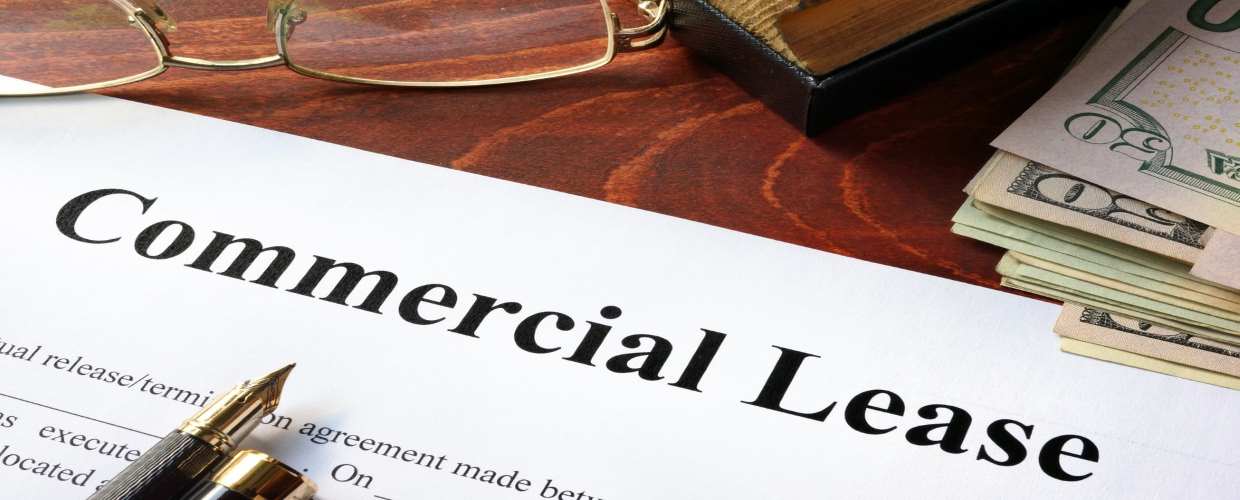Whilst individuals might have a life goal of owning a property, the same cannot be said for businesses. There are many reasons why a business, rather than owning a property, will prefer to lease one. The first, is simply that many businesses do not have the financial resources to afford both the deposit and the payments on a commercial property mortgage.
A second reason is that leasing gives a business greater flexibility should they expand quickly and require a move to larger premises. A third reason will be a case of logistics, where a company operates entirely within two floors of offices and it would not be feasible for them to purchase an entire 10-floor office block, for example. No doubt many business owners will be able to cite additional reasons why, for them, leasing premises is preferable to buying them.
In all cases, for a business to be able to lease business premises there will need to be a commercial lease agreement signed by them and the property owner, or property management company. This is a legal document that must comply with commercial law. To do so it is likely to contain several sections, some of which are deemed essential by commercial law, so let us look at what they are.

